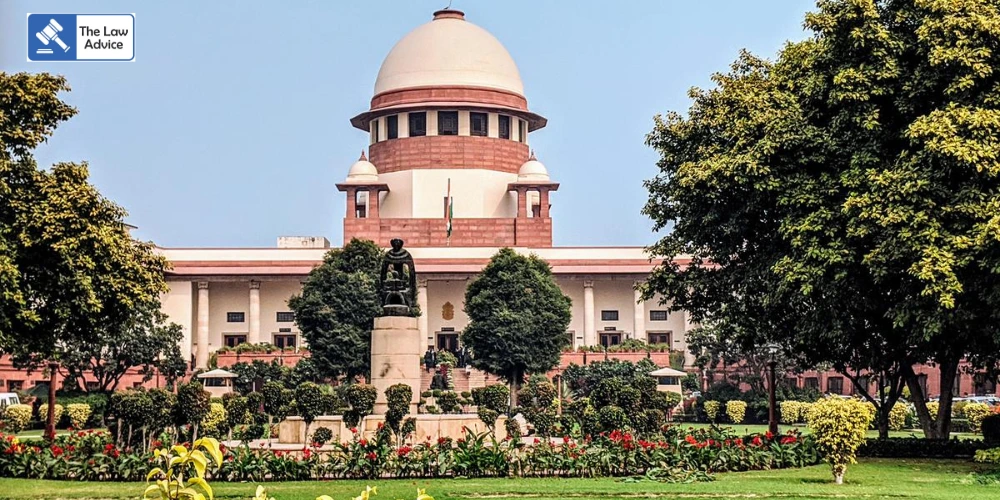New Delhi | July 19, 2025
In a verdict that reshapes how state entry tax liability is understood, the Supreme Court has ruled that liquor manufacturers are liable to pay entry tax under the Madhya Pradesh Entry Tax Act, even if they don’t physically transport goods into a local area themselves.
The Court clarified that “causing the entry” of goods is sufficient to trigger tax liability marking a significant blow to manufacturers hoping to shield themselves behind intermediary distribution systems like state-run warehouses.
Background: Who Moved the Liquor?
The case emerged from a long-standing legal battle between United Spirits Ltd. (USL) and the State of Madhya Pradesh. USL argued that it merely sold liquor to state-owned warehouses and had no role in transporting it further to retailers. Based on this, it claimed exemption from entry tax under the MP Sthaniya Kshetra Me Mal Ke Pravesh Par Kar Adhiniyam, 1976.
But the state insisted otherwise: USL may not be the carrier, but it’s still the catalyst it “causes” the entry of liquor into taxable zones.
Supreme Court: Not Moving It Doesn’t Mean You Didn’t Make It Happen
A Bench comprising Justice J.B. Pardiwala and Justice K.V. Viswanathan delivered a clear message: liability under the Entry Tax Act isn’t tied to who physically moves the goods it’s about who initiates or facilitates their entry into a local area.
“The law doesn’t demand you drive the truck yourself. If your act sets the goods in motion into the local area, you are responsible for the tax.”
The Court stated that by selling directly to warehouses located within local boundaries, the manufacturer plays an active, initiating role which meets the legal standard of “causing entry.”
No Notification? No Problem.
USL also claimed that in the absence of a specific notification under Section 3B, the state couldn’t enforce the tax. But the Court rejected this argument, stating that Section 14 provides sufficient machinery to assess and recover taxes, and waiting for a special notification isn’t necessary if the legal structure is already in place.
This interpretation strengthens the hand of state tax departments, giving them the green light to enforce the law using broader administrative tools already available.
Why This Judgment Matters
• Manufacturers can’t escape tax through layered sales structures. If you start the chain that leads to entry, you’re liable.
• States don’t need new notifications to enforce old laws. Tax recovery can function through general procedural provisions.
• Contractual creativity won’t block statutory intent. The ruling clearly places economic substance above formal structure.
• Case Title: M/s United Spirits Ltd. v. State of Madhya Pradesh & Others
